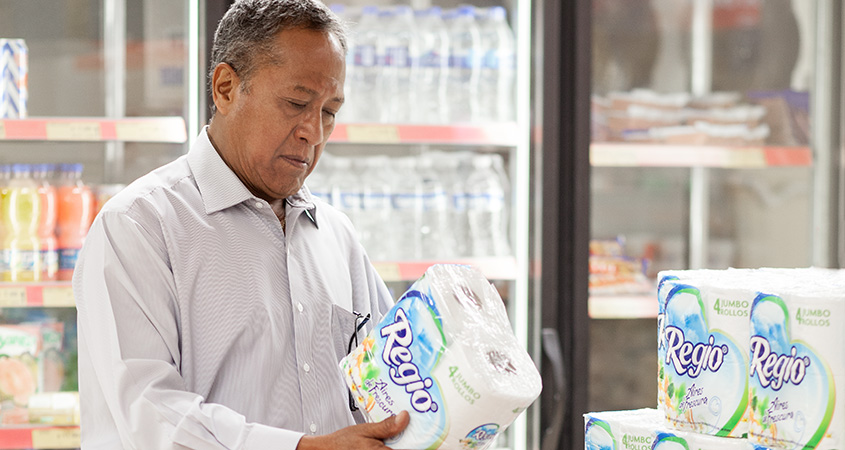Breaking the silence
Norms and taboos are strong forces. However, compared to tangible challenges such as installing toilets or ensuring access to sanitary products, we do not need a lot of financial resources to address them: all we need to do is break the silence. By limiting how and to whom we talk about hygiene, we allow taboos and stereotypes to persist. In contrast to many other areas of development, when it comes to breaking taboos, walking the walk is all about talking the talk.

In the case of menstruation, silence allows myths and taboos to persist, and stands in the way of knowledge being passed along to new generations of women. The Hygiene Matters Survey shows that less than one in ten fathers and two in ten mothers in the surveyed countries have ever discussed menstruation with their daughters.
“Menstruation, menopause and incontinence are milestones in the human life cycle,” says Archana Patkar, Program Manager at WSSCC. “Let’s talk about them and facilitate practical solutions to replace age-old silence, shame and fear with understanding, pride and dignity.” Engaging more men and boys in conversations about hygiene and how we manage it in the family and society is a good starting point. WSSCC’s experiences working with men on menstruation show that once the silence is broken, men are committed and eloquent advocates and change agents.
Hygiene Matters Survey 2016/17
People who have talked to their daughter about menstruation:
Read more: Hygiene Matters Survey 2016/17.
